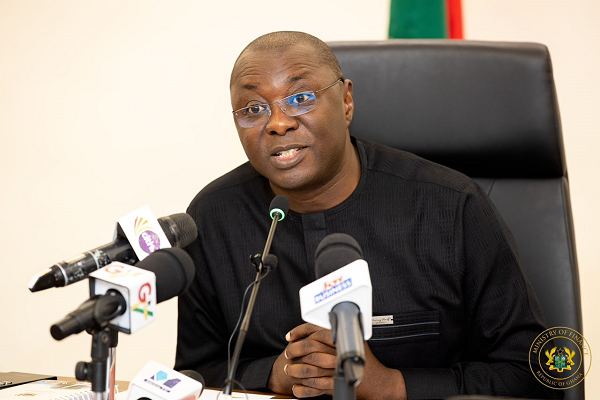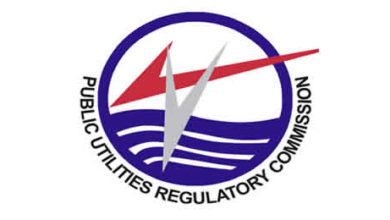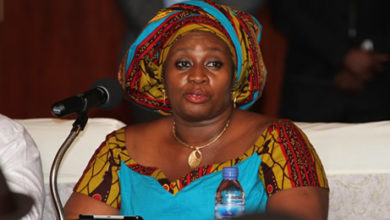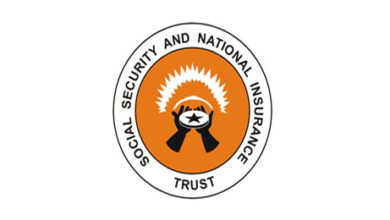Fitch downgrades Ghana’s economy with a negative outlook over debt concerns
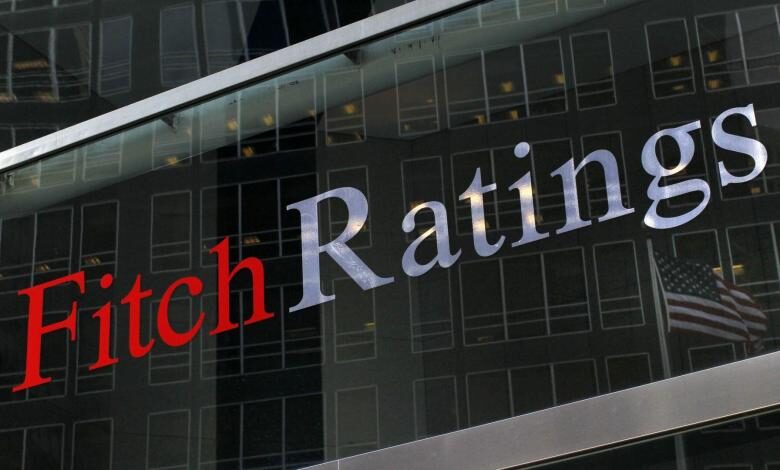
Fitch, an international rating agency has downgraded Ghana’s Long-Term Foreign-Currency Issuer Default Rating (IDR) from ‘B’ to ‘B-‘ with a negative outlook.
According to the agency, the downgrade of Ghana’s IDRs and negative outlook reflect the sovereign’s loss of access to international capital markets in the second half of 2021, following a pandemic-related surge in government debt.
The Fitch ratings report added that “this comes in the context of uncertainty about the government’s ability to stabilize debt and against a backdrop of tightening global financing conditions. In our view, Ghana’s ability to deliver on planned fiscal consolidation efforts could be hindered by the heavier reliance on domestic debt issuance with higher interest costs, in the context of an already exceptionally high-interest expenditure to revenue ratio.”
The report also noted that Ghana’s effective loss of market access to international bond markets increases risks to its ability to meet medium-term financing needs.
But it stated that “in our view, Ghana has sufficient liquidity and other available external financing options to cover near-term debt servicing without Eurobond issuance.
However, there is a risk that non-resident investors in the local bond market could sell their holdings, particularly if confidence in the government’s fiscal consolidation strategy further weakens, placing downward pressure on its reserves.”
Issuance of Eurobonds in 2022
Fitch ratings agency in its report said it assumes that Ghana will be unable to issue on international capital markets in 2022 and prospects for doing so in 2023 are uncertain.
According to the international rating agency, “Ghana’s international reserve position has become highly reliant on annual Eurobond issuance. Moreover, as of July 2021, non-resident investors held just below 20% (USD5.8 billion) of Ghana’s outstanding domestic government debt. While the maturity of these holdings is long-term, an outflow would put additional downward pressure on Ghana’s reserves.”
Fiscal targets
Fitch believes that Ghana will achieve moderate medium-term fiscal consolidation, but that the government’s forecasts are overly optimistic.
With the country’s fiscal targets contained in the 2022 budget, the rating agency said Ghana will face approximately USD2.7 billion (3.3% of GDP) in sovereign external interest service and amortization payments in 2022.
It pointed out that, “we believe that the government can meet its external debt servicing without market access given its reserves, which we estimate at US$7.9 billion at end-2021 (3.2 months of current external payments). Reserves were bolstered by USD3 billion in Eurobonds in 2Q21, which helped the government to meet its approximately US$3.5 billion (4.7% of GDP) in sovereign external debt servicing costs last year, and by the USD1 billion IMF SDR allocations.”
Ghana’s GDP growth
Fitch said it forecast Ghana’s GDP growth to increase further to 5.5% in 2022, after it accelerated to 4.7% in 2021 from 0.4% in 2020, as the industrial sectors, including oil, recover in line with global growth recovery.
“Ghana experienced three years of strong growth prior to 2020, largely driven by increasing oil production. We expect oil production to increase to 190 thousand barrels per day (kbpd) in 2022, from an estimated 160 kbpd in 2021, but to remain flat through 2023, which will limit Ghana’s medium-term growth potential.
We expect post-pandemic growth recovery to keep GDP growth potential around 5%.


